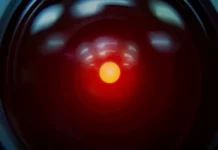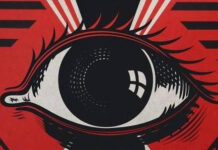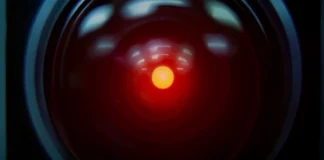A feature length documentary work which presents a case for a needed transition out of the current socio-economic monetary paradigm which governs the entire world society. This subject matter will transcend the issues of cultural relativism and traditional ideology and move to relate the core, empirical “life ground” attributes of human and social survival, extrapolating those immutable natural laws into a new sustainable social paradigm called a “Resource-Based Economy”.
– Written by ArchGunner
Part I: Human Nature
The film begins with an animated sequence narrated by Jacque Fresco. He describes his adolescent life and his discontinuation of public education at the age of 14 and describes his early life influences.
Human behaviour and the nature vs. nurture debate is discussed. Robert Sapolsky sums up his opinion of the nature vs. nurture debate in which he refers to it as a “false dichotomy.” The film then says that it is neither nature nor nurture that solely shapes human behaviour, but the combination of both. Disease, criminal activity and addictions are also discussed. The overall conclusion of Part I is that social environment and cultural conditioning play a large part in shaping human behaviour..
Part II: Social Pathology
John Locke and Adam Smith are discussed in regard to modern economics. In Two Treatises of Government, John Locke lays out the fundamental principles of private ownership of land, labor and capital. In The Wealth of Nations, Adam Smith uses the term invisible hand as a means to explain how an individual’s self-interest benefits society as a whole.[4] A critical view of economic theory is made by questioning the need for private property, money and the inherent inequality between agents in the system. Also seen critically is the need for cyclical consumption in order to maintain market share which results in wasted resources and Planned obsolescence. Critical views of the monetary system are given. According to the movie, the current monetary system will result in default or hyperinflation at some future time.
Part III: Project Earth
As with Zeitgeist: Addendum, the film presents a “resource-based economy” as advocated by Jacque Fresco discussing how human civilization could start from a new beginning in relation to resource types, locations, quantities, to satisfy human demands; track the consumption and depletion of resources to regulate human demands and maintain the condition of the environment.
Part IV: Rise
The current world wide situation is described as disastrous. A case is presented that pollution, deforestation, climate change, overpopulation, and warfare are all created and perpetuated by the socio-economic system. Various poverty statistics are shown that suggest a progressive worsening of world culture. According to the United Nations, currently 18,000 children a day die from starvation.[5] Also according to the UN, global poverty rates have doubled since the 1970s.[6]
The final scene of the film shows a partial view of earth from space, followed by a sequence of superimposed statements; “This is your world”, “This is our world”, and “The revolution is now”
Director: Peter Joseph
Writer: Peter Joseph
Best Regards
TBU NEWS





